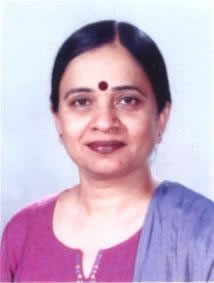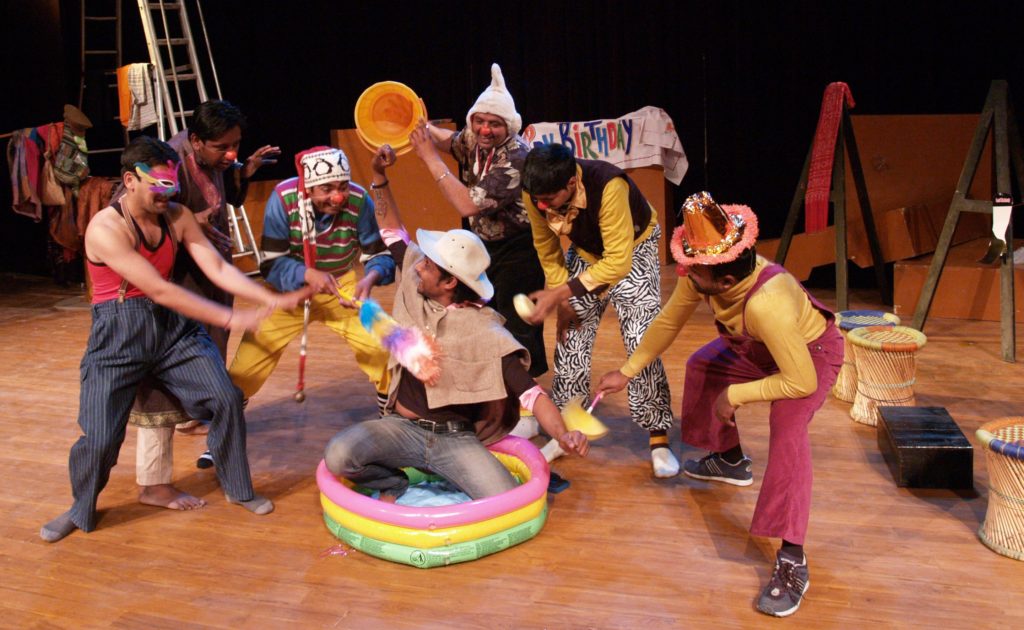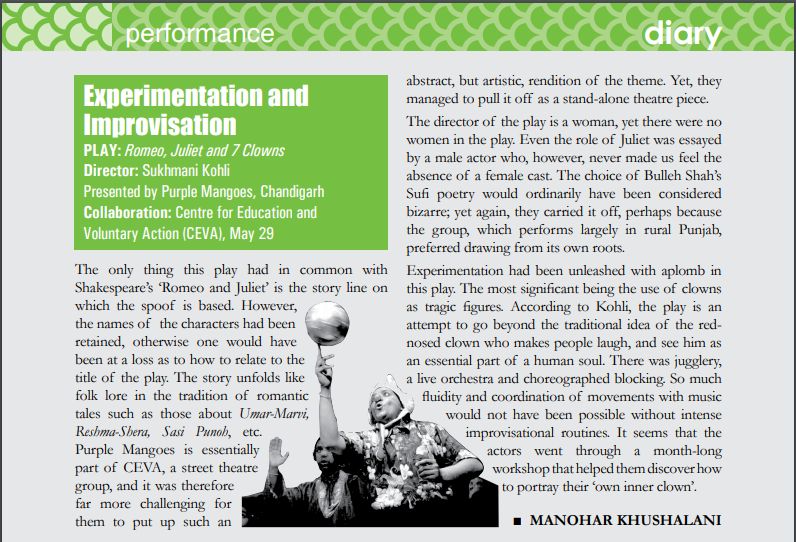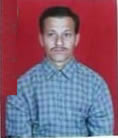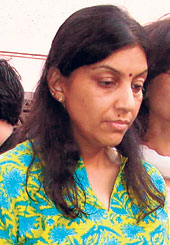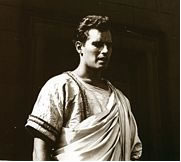T H E B E N E F I T O F D O U B T
(written in 1993 – way before the cyber-era)
by Dr. Reshma
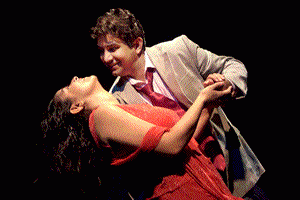
I could hardly wait to get home. How one begins to take one’s marriage for granted, even the caring and belonging, would have never struck me, had it not been for these last three months of separation, spent in Jabalpur. The old magic having been revived, I was palpitating like a newly-wedded groom headed for the nuptial bliss! I was too lost in my own little world to notice the cab screeching to a halt, or the driver waiting impatiently for his fare.
The latter, I disposed off quickly, and without even bothering to collect the change, literally leaped to the front door, intending to knock Chitra out with my sudden appearance! I was dying to see the expression on her face at that moment, and had purposely not intimated the time of my arrival to her.
But my meticulously planned-out romantic encounter turned out to be a damp squib after all, as the door was answered by our maid! Worse still, she was not even aware of her memsaab’s whereabouts at that early hour. Completely deflated, I re-entered the cold house all by myself, and stretching out on my bed, dialled Swati, Anu & Priya in quick succession. But my attempts to trace Chitra came to a naught, and the eagerness to be with her got laced with a hint of irritation. Where could she be, I thought, a trifle disappointed. Though I could, from all conventional standards, be considered a loving and caring partner, I was unfortunately far too possessive about my wife, and disliked sharing her with anyone else.
Not that Chitra had ever given me a cause for complaint through all our years of marriage. It was just me I guess. For some strange, inexplicable reason, I had always harbored a feeling of insecurity vis-a-vis her, and been forever ready to jump to irrational conclusions. And worse, despite being aware of it, had been unable to do anything about it.
Barring this trait of mine, we had a reasonably good marriage going. And were certainly qualified to win any made-for-each-other contest; the absence of children notwithstanding. A clean chit from the doctors to both of us had diminished our anxieties to some extent, and we had decided to wait patiently for our little guest – whenever it chose to arrive…
The tiredness of the journey was compounded by my convoluted thoughts, and I was almost dozing when something soft and feathery tickled me. I woke up to find Chitra lying next to me, her lips on my forehead, and drew her close, with an urgency bordering on near-violence.
“Where have you been my love? Lord, how I’ve missed you these past few months!” I groaned. “And even if this doesn’t sound very original, let me say it one more time – I can’t live without you, and my little nymph, you better believe that!”
But just as I began lending credence to those lofty statements, I also noticed that it was a different Chitra that lay encircled in my arms. This was not the person I had left behind. The change was too subtle for me to define, but something was certainly missing somewhere. Perhaps that faraway look in her eyes… perhaps an uncharacteristic absent-mindedness in her demeanor… she was certainly not all there.
“Hey! Who dared to claim my wife’s presence at 9.00 A.M. in the morning, depriving me of…” I decided to lose no further moments in making up for the ones already lost, and quickly engaged myself in sealing her responses! Not very successfully though, for she did manage to wriggle one out.
“Sorry for turning your pleasant surprise into a rude shock Akshay, but Swati and I were out shopping – just some knick-knacks you know…”
Her explanations continued, and I suddenly realized why she wasn’t looking at me in the eye. For hadn’t Swati informed me in the morning that she was off to her daughter’s school? I couldn’t help wondering what Chitra was up to… what was she hiding behind that lie?
I quickly banished the thought and warned myself – no, I wasn’t going to let that green monster near her again. It had tormented us enough in the past; enough, in fact, to actually hurt Chitra on several occasions. But not any more. In any case, this was too insignificant a matter to merit any further attention on my part.
*****************
And yet, as the days passed, I was forced to change my opinion; and became almost convinced that I wasn’t jumping to any wrong conclusions. Not this time.
I may have been the jealous possessive type. But then, how many benefits of doubt was a wife supposed to get? Thrice, she hadn’t been able to explain her by-now-frequent disappearing acts. Yes, I too had started checking up on her more often – but her own alibis were invariably falling flat.
And she knew it.
What had happened to cause those dark circles under her eyes? My radiant Chitra seemed, but a pale shadow of her previous self – so withdrawn. I had been carefully controlled about my own queries so far, but it was almost a month since my return! And worst of all were her constant excuses to hold me at bay, even at nights. Something was surely troubling her. But what? Or who?
Was it another man?
I could contain myself no longer, and decided to put an end to the suspense – by following her on days that she was supposed to be “running some errands”. And ended up feeling even further confused.
For her destination was always the same – Dr. Rathi’s Nursing Home.
Hmm… so this was it! A doctor? So overcome was I with jealousy, that the possibility of her being sick did not even cross my mind. Perhaps, because whenever I’d express a concern regarding her health, she had brushed it away ever so casually, attributing everything to “just a headache”.
Giving her one more benefit of doubt, I showed up at Dr. Rathi’s one morning, and introduced myself as Chitra’s husband. The direct approach always worked best for me.
But I wasn’t at all prepared for the bombshell that followed. I sat numbstruck, as it tore me apart, and listened to a whole lot of technical jargon, without registering much. Dr. Rathi patiently explained everything and I kept nodding correctly, hoping that I was coming up with all the right questions.
The information wasn’t adding up to much. The doctor seemed ignorant about the exact duration of my absence. And that probably accounted for several of the missing links. The rest resulted from my helplessly ruffled state.
Hoping that Chitra had her own reasons for withholding certain facts from the medical practitioner, I too did not enlighten him, and decided to maintain status quo.
“Well Mr. Mhatre,” the doctor finally smiled warmly as he winded up and shook my hand, “Best of luck! I’m sure it’ll all work out fine in the end. Don’t just believe in miracles, depend on them. Good day!”
Dazed, I stepped out of the clinic, and abandoned the idea of going to work, somehow dragging myself home. Where I tried lending a semblance of order to the various pieces of jigsaw just received. Fortunately, Chitra was actually away to a kitty – brunch this time, and I had the much needed solitude to sort myself out, having been much too stunned at the clinic to be able to think rationally.
The facts sunk in slowly… and gravely… so Chitra had conceived in my absence… but instead of growing normally, the pregnancy had developed into a “mole” – a potentially cancerous tumor… the initial symptoms being similar, the diagnosis was possible only after sophisticated investigations… but once the abortion was performed, what followed was even more traumatic… repeated urine tests, x-rays, biopsies… to make sure that it had not turned malignant.
And of-course, abstinence. A pregnancy under such conditions was disastrous for the follow-up.
At long last, things began falling into place; and it was almost afternoon when I finally set out for my office. My forehead deeply creased, I failed to notice the post-man, and nearly crashed into him, before absent-mindedly collecting the mail.
“Met Dr. Rathi today.” I announced that night as Chitra entered the bedroom, coming straight to the point as usual.
“Perhaps I’m entitled to an explanation. N O W?”
I was only pretending, but color drained out from her face completely; and if I hadn’t supported her, she would surely have collapsed. Everything that had remained pent-up inside her for so long, came flowing out now, as I held her in my arms, and stroked her hair gently.
It took a long while for her sobbing to cease completely. When her eyes finally rose to meet mine, they were darkly shadowed. I decided to put her at ease immediately.
“My darling, my love”, I murmured softly against her, almost crushing her to me this time. “How could you go through it all alone?”
She stared disbelievingly as I continued. “You little fool! Why didn’t you let me know in Jabalpur? Why? I would have left everything to be with you. You thought a baby would be more precious to me than YOU?”
Her tear-ravaged face regained some of its color, but her eyes were still clouded.
“You… know… everything…? Dr. Rathi… didn’t… I mean… didn’t… he… tell you… anything else?”
“Of-course he did…” I paused dramatically for effect, and continued with a grim look on my face,” he was afraid it might not to be a mole next time. The condition is not very common you know!”
For a moment she looked completely nonplussed. Then her face cleared, and for the first time since my return, I saw her relax fully.
I continued further. “You nut! Don’t you realize what this means? That we are both capable of producing those adorable little brats!”
I stole a sideways glance at her, and noticed the last vestiges of doubt finally melt away from her eyes. The guarded look was gone; and in its place, had appeared a serenity, that made the recently enacted scene completely worth my while. I gave her an understanding smile.
And then we held each other’s hands and laughed. As we had never laughed before.Till tears ran down our cheeks. I knew I was hysterical. She seemed exhausted.
Later, I made sure she was sound asleep, before gently covering her with a blanket, and setting out for a walk.
**********
It was close to midnight, and the streets were deserted. All was quiet at that late winter hour, save for the watchman’s occasional whistle. A thick fog seemed suspended in the air, enclosing, and isolating the rare life-forms that had dared to venture out.
Hands buried deep inside my pockets, I turned up the collar of my parka to shield myself against the bitter cold, and began an aimless meandering, ruminating over the subject that had been plaguing my mind, for what seemed ages. I could not believe that it had all begun just this morning!
As a stray dog howled somewhere, my fingers involuntarily reached out for the letter lying safely cocooned within the recesses of my pocket.
“My dear Chitra,” it began, “I have not been able to forgive myself till now…”
I had read it so many times since receiving it that afternoon, that the words were nearly ringing in my ears.
“…Though we were both to blame for what happened, I should have stayed back to see you through the painful procedure, instead of running away like a coward…”
The words continued to shatter the quiet stillness of my mind.
“…When is Akshay returning? I know I should not risk sending this, but I am being selfish again…”
The visibility was almost nil, but I didn’t need any light, to read what was almost etched in my memory.
“…and so”, it ended, “if I don’t hear from you this time, I promise to never ever bother you again. And believe me, it is a gentleman’s promise this time…”
What did the stress on “this” mean? Had this other guy made an earlier promise but not fulfilled it? Could only one partner ever be responsible for a situation like that? Had Chitra been unfaithful in a conscious, cold-blooded manner?
I could not bear to raise any more unanswered questions; nor decide whether there was any need to get them answered anymore?
Wasn’t it too late for that? For everything? I suddenly felt a strong urge to smoke.
Rapid strides took me to a nearby kiosk still open, where I lit a cigarette; and arriving at a spontaneous decision, suddenly consigned the tormenting words on that paper to the flames of the matches.
No, I shook my head, muttering to myself… Chitra wasn’t going to suffer anymore… for as long as she lived…
However long that was. I decided to save the last benefit of doubt. For myself.
